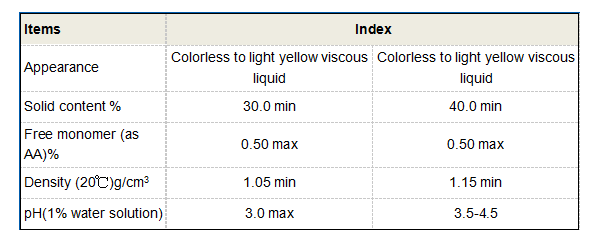poly aluminium chloride uses in water treatment
Poly Aluminium Chloride (PAC) is an inorganic chemical compound widely utilized in water treatment processes due to its effectiveness as a coagulating agent. Its primary function is to purify drinking water and wastewater by facilitating the removal of suspended solids, organic matter, and other contaminants. This article explores the uses of PAC in water treatment and its advantages over traditional coagulants.
One of the key applications of PAC is in the treatment of drinking water. When PAC is added to water, it dissociates into polycations, which then neutralize the negative charges on suspended particles. This neutralization leads to the aggregation of these particles into larger flocs, which can then be easily removed through sedimentation or filtration. The efficiency of PAC in forming flocs results in clearer water and better removal of turbidity compared to conventional coagulants like aluminum sulfate.
PAC is also employed in wastewater treatment, where it plays a critical role in sludge dewatering and the removal of heavy metals from effluents. The polycations produced during the PAC dissolution process bind with negatively charged pollutants, helping to precipitate metals such as lead, copper, and zinc. This capability not only enhances the quality of treated water but also minimizes potential environmental hazards associated with metal discharge.
poly aluminium chloride uses in water treatment

In addition to its coagulating properties, PAC offers several advantages over traditional water treatment chemicals. Its lower dosage requirement leads to reduced overall chemical costs, making it an economical choice for treatment facilities. Furthermore, PAC has a higher rate of settling and can work effectively across a wide range of pH levels. This versatility allows for its use in various water sources, whether contaminated, agricultural runoff, or even industrial effluents.
Another advantage of PAC is its minimal production of sludge compared to other coagulants. This characteristic is particularly beneficial in wastewater treatment plants, where excessive sludge can complicate processing and increase operational costs. By reducing sludge volume, PAC not only improves the efficiency of the treatment but also lowers disposal expenses.
In summary, Poly Aluminium Chloride is a highly effective and versatile coagulant used extensively in both drinking water and wastewater treatment processes. Its ability to produce high-quality water with lower operational costs, while minimizing sludge generation, makes it a preferred choice for many water treatment facilities worldwide. As water safety and quality continue to gain importance in environmental policies, the role of PAC in ensuring safe and clean water will remain pivotal.
-
Pbtc Scale InhibitorPBTC: A Scale Protector for Industrial Water TreatmentNewsAug.05,2025
-
Organic Phosphonate: An Efficient Defender in the Field of Scale InhibitionNewsAug.05,2025
-
Hydrolyzed Polymaleic Anhydride: Green Pioneer in Scale Inhibition FieldNewsAug.05,2025
-
PAPEMP Polyamino Polyether Methylene Phosphonic Acid For SaleNewsAug.05,2025
-
Flocculant Water Treatment: A Pioneer in Purification in the Field of Water TreatmentNewsAug.05,2025
-
Benzyl Isothiazolinone: An Efficient and Broad-Spectrum Antibacterial Protective GuardNewsAug.05,2025





